|
You might wonder, what makes rolling dice and diving into fantastical worlds with a bunch of friends so special? Why are tabletop role-playing games (TTRPGs) not just games but, in fact, epic adventures that can forge lifelong friendships? Buckle your seatbelt; we're going on a journey filled with rolling dice, shared snacks, and memories that last longer than your character’s hit points!
The Magic of TTRPGs: Where Friends Are Made; What Exactly is a TTRPG? Let’s start with the basics. A TTRPG is a collaborative storytelling game where players create their characters and embark on adventures guided by a Game Master (GM). Think of it as a mix between a board game and improvisational theater, all wrapped in the fantasy of your wildest dreams (or nightmares, depending on your campaign)! Now, mix in a vacation, perhaps a weekend getaway where you play for hours on end, eat too many snacks, and laugh until your sides hurt. Sounds like a recipe for forging friendships, right? Oh absolutely! The Benefits of TTRPGs in Building Relationships; Shared Experiences: The Glue of Friendships: Picture this: You and your friends have just embarked on a quest to defeat a dragon and save a village. Your wizard accidentally casts a spell that causes explosions instead of spells! Suddenly, chaos ensues. In these moments of high drama, laughter, and even a little frustration, you’re sharing experiences that go beyond the game. Each mishap, each laugh, and each victory creates bonds. You’re not just rolling dice; you’re crafting tales that you’ll reminisce about for years. It’s the “Remember that time you cast Fireball at the bar?” moments that become the foundation of lifelong friendships. Emotional Connections: All Aboard the Feels Train: Let’s be real: playing a TTRPG isn’t just about slaying dragons (though it’s mostly that). It’s about growing as individuals and engaging emotionally with the story and characters. When you role-play, you embody your character—whether they’re a brave paladin or a mischievous rogue. You experience their highs, lows, and battles, which creates a unique emotional bond. Personally, I remember when my character faced betrayal (thanks a lot, rogue!). That moment stirred up so many feelings, from sadness to anger. But you know what? My friends empathized with my character, and in turn, we bonded while discussing our own experiences with friendship and betrayal. That connection reaffirmed our camaraderie both in the game and in life. Understanding the TTRPG Vacation Experience; TTRPG Vacations: The Ultimate Getaway: You might be thinking, "A vacation for TTRPGs? Is that really a thing?" Oh my dear adventurer, it absolutely is! Imagine setting up a weekend retreat in a cozy cabin, complete with snacks, drinks, and endless hours of gaming. Some TTRPG enthusiasts even attend conventions dedicated to gaming! Friends gather from all around, excited to meet, play, and create unforgettable memories. For many players, these conventions are like family reunions, filled with hugs, laughter, and competitive dice-rolling! Adventures and Activities that Fosters Friendship: So, what kind of activities can you expect during a TTRPG vacation? Apart from a ton of gaming, you could have themed dinner nights, game-themed costume contests, or storytelling circles where you share your most epic gaming moments. One of my favorite TTRPG trips involved a haunted mansion theme. We transformed our rental into a mysterious lair with dim lights, eerie music, and spine-chilling decor. We played a one-shot adventure where I, as the GM, introduced a ghost that had to be defeated with friendship and courage. Guess what? That unconventional twist brought everyone closer, and we left that trip with even more inside jokes! Creating a Safe Space for Collaboration; Crafting a Welcoming Atmosphere: Let’s talk about what it takes to truly forge friendships during TTRPG vacations. It starts with creating a safe, welcoming environment. Everyone should feel like they’re part of the group. As a GM, it’s my job to ensure each player’s voice is heard. This might involve checking in on quieter members to see how they’re feeling or making sure everyone has a chance to shine in the spotlight, even if it means adjusting the storyline a bit. Encouraging Vulnerability: Be Honest, Be Real: TTRPGs are unique in that they allow us to explore vulnerabilities through our characters. It’s a playground for self-exploration, and when players open up, it’s magical. I once had a player who typically kept to herself. During a particularly emotional scene in our campaign, her character made a monumental sacrifice. The room went quiet, and she shared a personal story that paralleled her character's sacrifice. That moment broke down walls and allowed all of us to share our truths in a supportive environment, strengthening our bonds and allowing deeper connections. Formation of Lifelong Bonds Through Shared Adventures; Adventures That Change Us: Let’s get to the good stuff—the adventures! TTRPGs are full of quests that push players out of their comfort zones. When challenges arise, it’s the teamwork and support that helps players succeed. Take, for example, a campaign where a group of us faced off against a dragon in a swamp, thick with fog. As the tension mounted, we worked together to defeat the beast. The shared anxiety and joy created bonds that extended beyond the realm of fantasy. We went from being acquaintances to lifelong friends through the sheer thrill of shared accomplishments. Conflict Resolution: A Lesson in Friendship: In a TTRPG, conflict is inevitable—it’s how characters grow! But how we handle disagreements is where the magic happens. When conflicts arise, players often lean on each other for support. These moments lead to open communication and constructive dialogue. In my gaming circle, we faced a heated debate over a character's decision that nearly derailed the campaign. Instead of letting it fester, we took a break, and everyone (myself included) shared their thoughts. In that moment, we learned about compromise and perspective, emerging not just as players but as a more unified team. The Role of the Game Master in Fostering Connections; The Importance of a Good GM: Now, let’s shine a spotlight on GMs! As the glue holding the game together, GMs play a crucial role in fostering friendship and teamwork. When a GM actively encourages players to interact and collaborate, it strengthens those friendships. For instance, during one of my campaigns, I introduced a character who brought unique challenges requiring players to think on their feet. The adventurous brainstorming sessions led to hilarious and lively exchanges. Watching my players create strategies together while tossing ideas back and forth was delightful, and it filled the room with creativity and laughter! Navigating Interpersonal Dynamics: Engagingly portraying characters is great, but navigating interpersonal dynamics is even more critical for a harmonious gaming experience. As a GM, recognizing group dynamics is key. Sometimes, players may clash due to different play styles. However, this provides an opportunity to address these differences! In one session, I noticed a conflict arising between two players over gameplay pacing. Instead of ignoring the tension, I opened the floor for discussion and found a middle ground. This not only resolved the issue but also allowed players to understand each other’s preferred play styles, which ultimately bonded the group even more! Maintaining Friendships Beyond the Game Table; Keeping in Touch: The Aftermath: So, you’ve trekked through the mountains of adventure and faced epic challenges together. How do you ensure these friendships don’t get left at the game table? First things first, communication is key! Create group chats where you can share memes, plan future game nights, and reminisce about your epic campaign moments. Social media groups and dedicated forums are also great for keeping the friendship alive! For example, after returning home from a convention, a group of us started a weekly online game. The excitement of reliving our adventures and introducing new storylines deepened our friendship, and our group has consistently explored new realms together—virtually and in person! The Value of Community: As you maintain friendships beyond game sessions, find ways to grow your TTRPG community. Look for local groups, online communities, or even convention meetups. This not only broadens your network but helps introduce new players into the fold. The beauty of TTRPGs is you’ll discover people from all walks of life. Each session is an opportunity to meet fellow adventurers who might just become your lifelong friends. Stay open-minded to the connections you can make! Embrace the Adventure! So, there you have it! TTRPG vacations are more than just opportunities to escape reality; they are transformative experiences that create lasting friendships. Through shared experiences, challenges, vulnerabilities, and quirky antics, you’ll find yourself forging bonds that withstand the test of time. The next time you think about embarking on a TTRPG vacation adventure, remember: you’re not just rolling dice. You’re building friendships, fostering collaboration, and creating stories that will bond you for life! Share Your Story! Have you experienced the joys of TTRPG vacations? Do you have a hilarious story, a heartfelt connection, or a memorable character moment? I’d love to hear all about it! Share your TTRPG tales, rally your friends, and plan your next adventure. After all, no epic journey is complete without the friends you make along the way. So, grab your dice, gather your party, and let’s roll! Who knows what friendships await you on the other side of that adventure? Happy gaming!
0 Comments
Greetings, gallant fighters, crafty rogues, and spell-slinging wizards! If you’ve ever found yourself knee-deep in a monster-laden dungeon or dodging arrows in an epic combat scenario, you might be a bit bewildered by the mechanics that govern all that sword-swinging chaos. Fear not, brave adventurers! We’re diving into the enchanting world of RPG combat mechanics. By the end of this journey, you’ll be striding into battle with both confidence and strategy. So grab your dice and your favorite snacks; it’s time to fight to win!
Understanding the Basics of Combat, What Is Combat in RPGs? At its core, combat in RPGs involves the physical confrontation between player characters (PCs) and foes—be they goblins, dragons, or those pesky shopkeepers who demand payment for that enchanted sword. Combat isn’t just a simple rollover and fight; it’s a rich, strategic experience that often includes unique roles for each player. Think of it as a team ballet where everyone has a part, but the music is a little heavier on the drums and the stakes are through the roof! **A Personal Tale**: I once had a session where our band of heroes faced a rampaging ogre. The way my wizard panicked and accidentally cast *Dancing Lights* instead of a fireball was not my proudest moment, but it sure made for some laughs! Combat Rounds and Turns: Now, how does the actual combat unfold? RPGs typically break combat into rounds, where each player and enemy gets a turn to act. A round generally lasts six seconds (which definitely feels longer when you’re waiting for your turn to swing that sword!). During each round, players can take various actions based on their characters’ abilities, equipment, and the overall strategy of the team. The Key Components of Combat, Initiative: The Order of Battle: Before chaos reigns, you need to roll for **initiative**—this determines the order in which everyone acts during combat. Players roll a d20 and add their Dexterity modifier to the result. The higher your roll, the sooner you’ll be able to attack or make that crucial move. **My Epic Fail**: I still remember the initiative roll where I rolled a natural 1, ensuring I went last—way behind the mischievous rogue who triggered every trap as he blundered forward. Let’s just say that the cleric had to expend a lot of spells that day! Actions: What You Can Do in Combat: During your turn, you may have several options! Here are the most common actions: - **Standard Action**: This is typically an attack or the use of a spell. It’s your main event, the big show! - **Bonus Action**: Some character abilities, spells, or items let you take an extra action alongside your standard action. For example, if you’re a rogue lined up for a sneak attack, it’s crucial to use this wisely! - **Reaction**: This is an action you can take outside your turn in response to someone else’s action. If an enemy tries to run past you, this is when you can take your opportunity attack —and yes, it’s a glorious moment when you swing for the fences! - **Movement**: Each character has a designated movement speed. You can spend your movement before or after your action, allowing for tactical positioning—or a dramatic retreat when things get grim. Combat Conditions: The Good, the Bad, and the Ugly: Combat can get complicated with various conditions that affect character performance. For instance, *prone* makes you easier to hit, while *advantage* means you roll two d20s and take the higher result. This is where it gets strategic! In one campaign, our group's paladin got knocked prone right after he declared he "feared no foe." Cue the laughter. Did we mention his battle cry? “I roll with the punches!” It’s a wonder we even survived that encounter amidst the chuckles. Rolling to Hit and Damage, Making Attack Rolls: When it’s time to attack, you’ll roll a d20 and add relevant modifiers—like your Strength (for melee) or Dexterity (for ranged). If your total meets or beats the enemy’s Armor Class (AC), you hit! Simple, right? Just remember that higher is better, and always keep watch for natural 1s (a critical miss) and natural 20s (a critical hit). **A Quick Anecdote**: On my first try at melee combat, I swung my sword at a vicious orc… and rolled a natural 1. I ended up slipping and knocking over a pile of loot! My DM had to think on his feet and rolled to see if the orc was distracted enough by my blundering antics to lose its turn! Damage Rolls: Once you hit, it’s time to roll for damage. Different weapons do different damage types, which are often indicated by dice (like 1d8 for a longsword). Add any modifiers, and voilà—you’ve dealt some serious damage! Did you know that rolling maximum damage on a crit can lead to epic tales? Just imagine saying, “My character unleashed a barrage of blows and annihilated the horror goblin with a single swing!” The Importance of Tactics and Strategy, Positioning and Terrain: Every battlefield is a puzzle, and understanding positioning can be your winning strategy. Use terrain to your advantage! High ground offers better visibility; cover can protect you from ranged attacks. I once found myself on a cliff face during a battle against a band of marauding thieves. Thanks to our cunning wizard, who cast *Levitate* on me, I soared above the fray and sniped from above! My companions were fighting valiantly below, but my poetic sharpshooting became the highlight of our session—at least until the rogue nearly fell off the edge. Using Abilities Wisely: Each character class has unique abilities meant to shine at particular moments. Use these abilities wisely—timing can turn the tide of battle. Save area-of-effect spells for crowds, and ensure you’re not wasting powerful heals on a character who just took a scratch! In a recent game, our druid used the spell *Entangle* at the perfect moment, trapping half the enemies while the rest of us dealt with the remaining foes. It was a spectacular display of how abilities can influence the battlefield! Managing Resources During Combat, Hit Points and Healing: Keep a close eye on your hit points! Not managing your health can lead to disastrous outcomes, especially if you decide to storm the enemy lines alone. If you take too much damage, you could find yourself unconscious and needing a swift rescue from a party member. **Funny Moment**: During one tense encounter, our rogue declared he’d be “fine” without backup, charging towards an ogre while the rest of us rolled our eyes. Spoiler alert: he wasn’t fine! Thank the gods for our healer. Spell Slots and Abilities: For spellcasters, it’s essential to track spell slots and abilities. Knowing when to unleash your most powerful spells versus saving them for later can determine victory or defeat. In a climactic battle, our sorceress had to decide whether to unleash her high-level fireball or save it for an emergency. I’d like to think we retained our sanity when she remembered to cast Frostbolt instead, freezing an enemy in place. A real “cool” moment! Common Mistakes to Avoid, Poor Positioning: One big mistake new players often make is bad positioning. If you’re not mindful of your surroundings, you could end up flanked, outnumbered, or worse! **The Cautionary Tale**: There was one encounter where our party, excitedly, charged into a narrow cave to confront fierce bandits. One by one, we got pinned against the wall, unable to maneuver back out of the cave. Let’s just say we learned the hard way that surprises can lie around every corner! Ignoring the Objective: Sometimes players get caught up in “heroic” moments and forget the actual objective of the encounter. Sure, look fantastic while choking an enemy or solving a puzzle, but don't lose sight of the goal! During one memorable session where we navigated a hostile castle, our bard started belting out tunes while we were supposed to sneak in. The guards were enchanted but so were other foes nearby! Lesson learned: stay focused on the objective—or at least have a witty exit strategy! Advanced Combat Mechanics, Multi-Attack and Extra Actions: Some characters have abilities or special features that allow them to make multiple attacks or use extra actions. Keep an eye on these options to maximize your damage output! When playing a martial class with multi-attack, remember: each attack increases your chances! In a surprise round, I once crit out three times in a row—those angry goblins didn’t know what hit them! Contests and Challenges: Not all combat in RPGs is about slashing and shooting. Social challenges or physical contests can arise as well. When engaging in contests, the mechanics often shift into skill checks, but the stakes can feel just as high! Imagine charming a guard or attempting to convince a dragon that you’re a “friendly neighborhood adventurer” instead of dinner. Those moments create rich storytelling opportunities. Real-World Examples and Scenarios, Case Study: A Tactical Combat Encounter: Let me paint you a picture! During one of our ongoing campaigns, we faced an enormous dragon guarding a fabled treasure. This encounter was built up over sessions, and we had a clear plan. Our rogue scouted ahead, and we laid a crafty ambush, this time positioning ourselves strategically to draw the dragon’s fire. As the rogue engaged in witty banter, we pounced with spells and arrows flying. The synergy displayed—balancing melee attackers, ranged fighters, and spellcasters—built anticipation for an epic finish. The dragon fell after a couple of rounds! Lessons from a Mishap: Conversely, during a planning meeting before combat, we crafted an elaborate scheme to defeat a powerful lich. However, when we confronted it, our bard shushed us while attempting to negotiate! The lich turned more threatening—and we suddenly scrambled to implement our backup strategy, which involved throwing tactics right out the window. That battle turned into a thrilling tactical mess; while we eventually made it through, we recognized that some encounters require straightforward action over attempting a brilliant conversation with a threat! Embrace the Power of Combat Mechanics! Congratulations, aspiring combatants! You now hold the keys to mastering RPG combat mechanics. Understanding how they interface with strategy and planning can make your gaming nights filled with excitement rather than confusion. Every battle is an opportunity for creativity, teamwork, and stories to tell! Now that you’re empowered to tackle combat encounters with finesse, what combat tactics are you eager to try next? Roll those dice, unleash those spells, and may every battle lead you to victory! ⚔️🥳🎲 |
Archives
December 2024
Categories |
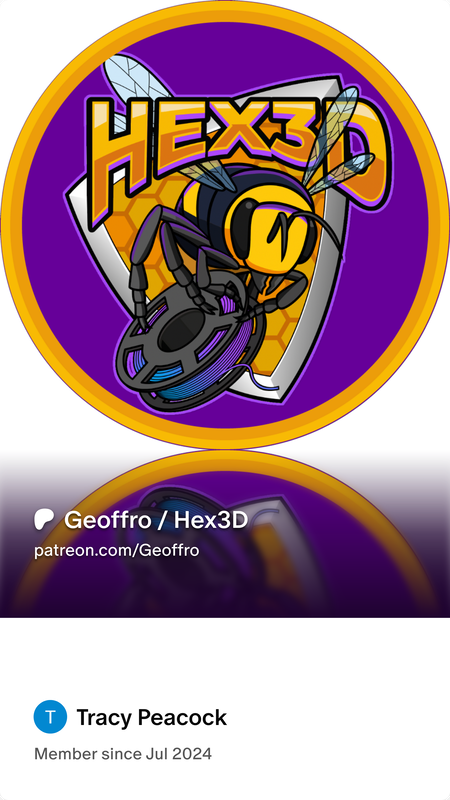

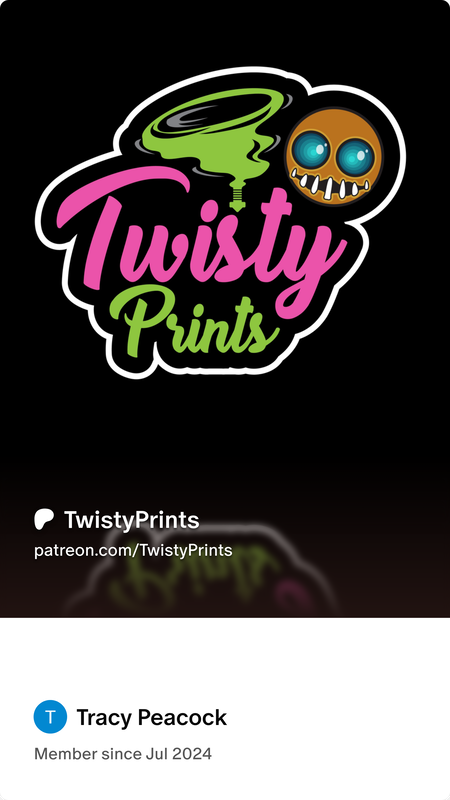
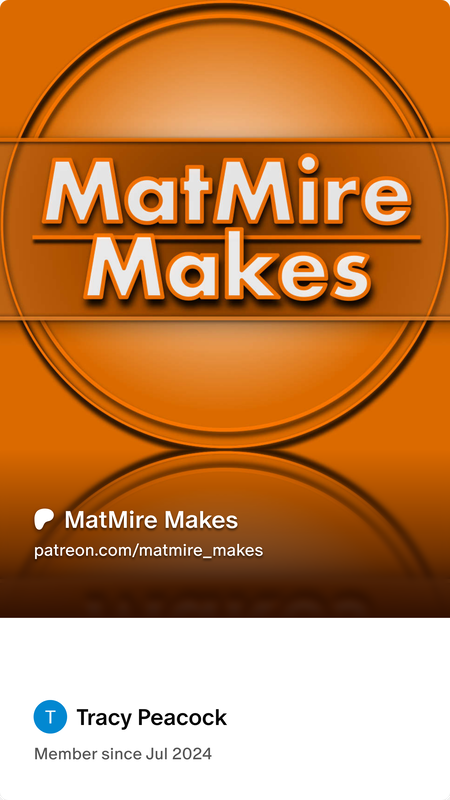

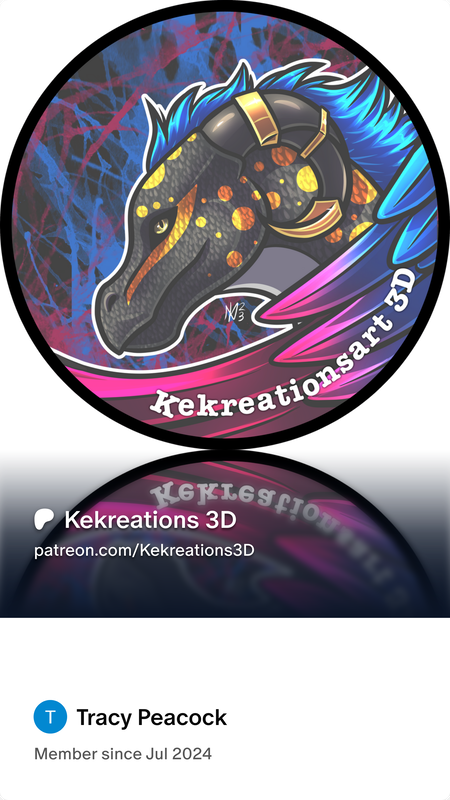
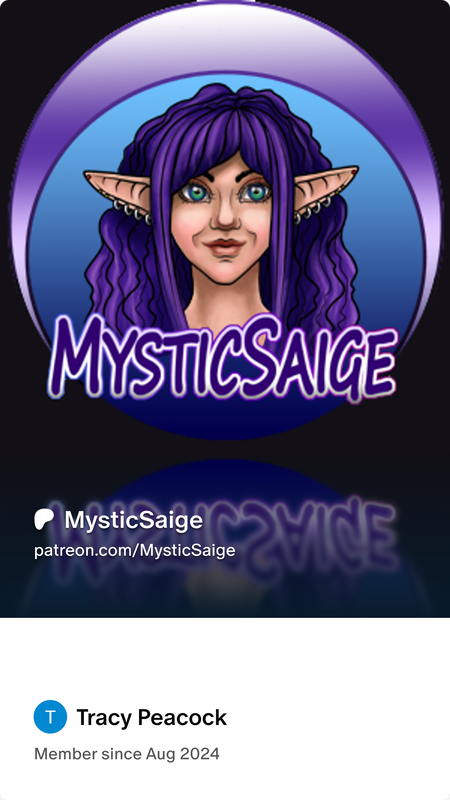
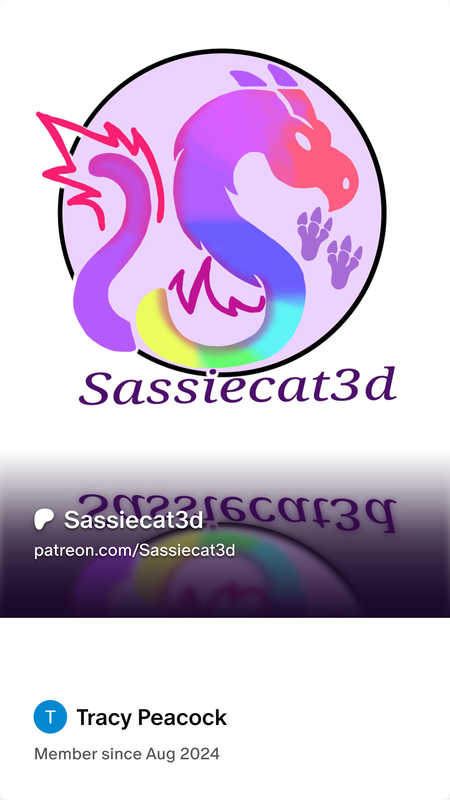
 RSS Feed
RSS Feed